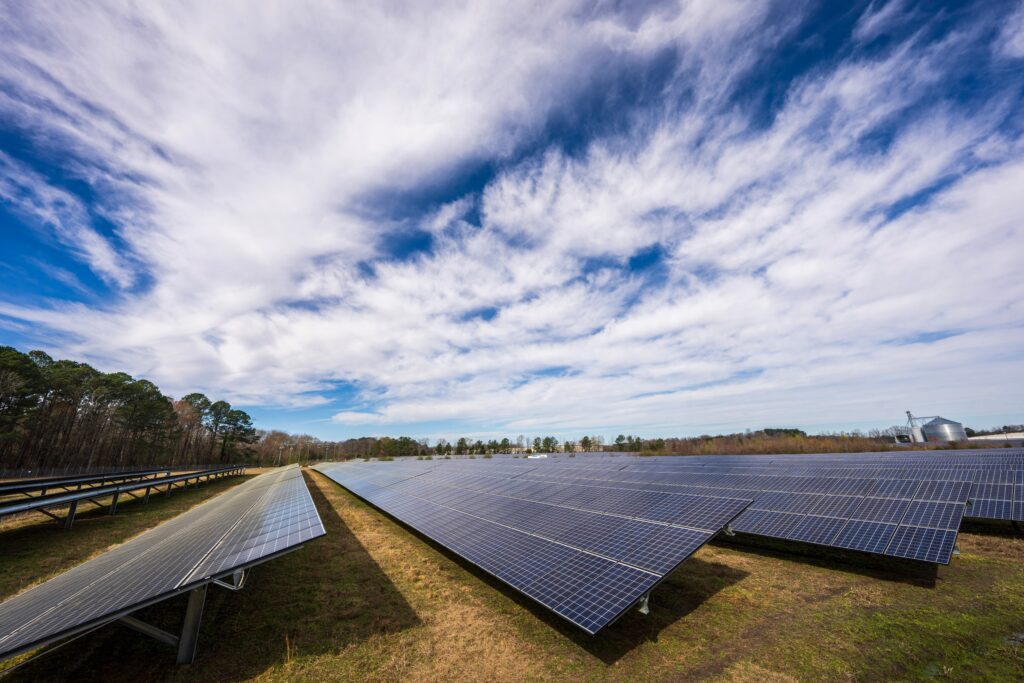
Solar panels have been gaining traction as a popular renewable energy source in recent years. As more households and businesses adopt solar power, there is a growing impact on the energy grid. This article will explore the ways in which solar panels are changing the energy landscape and discuss the benefits they bring to all stakeholders, including consumers, utility companies, and the environment.
Reducing the Strain on the Grid
One of the most significant impacts of solar panels on the energy grid is reducing the overall demand for electricity from traditional sources, such as coal-fired power plants and natural gas facilities. By generating clean, renewable energy at the point of use, solar panels help reduce the strain on the grid during peak hours, which is when the demand for electricity is at its highest. This helps prevent power outages and ensures a more stable, reliable energy supply for everyone.
Encouraging Decentralization and Resiliency
Solar power encourages the decentralization of energy production, reducing the reliance on large, centralized power plants. This decentralization creates a more resilient energy grid, as it is less susceptible to disruptions caused by extreme weather events, equipment failure, or other issues that can affect traditional power plants. Additionally, having a more decentralized grid reduces the need for extensive transmission infrastructure, lowering maintenance costs and minimizing the risk of power outages caused by transmission line failures.
Solar panels Promote Energy Independence
Solar panels enable households and businesses to generate their own electricity, reducing their dependence on utility companies and non-renewable energy sources. This energy independence can lead to cost savings for consumers, as they can potentially offset or eliminate their electricity bills through net metering or feed-in tariff programs. Moreover, energy independence can increase national energy security by reducing reliance on imported fossil fuels, which are subject to price volatility and political instability in their countries of origin.
Solar panels Reduce Greenhouse Gas Emissions
Solar power is a clean, renewable energy source that produces no greenhouse gas emissions during operation. By incorporating solar panels into the energy grid, countries can reduce their carbon footprint and combat climate change. The widespread adoption of solar power can help countries achieve their emission reduction targets under international agreements, such as the Paris Agreement.
Creating Jobs and Stimulating Economic Growth
The growing solar industry provides new job opportunities in manufacturing, installation, maintenance, and research and development. In addition to creating jobs, the solar industry can stimulate economic growth by attracting investments in new solar projects and fostering innovation in clean energy technologies. This economic growth can contribute to the overall health and prosperity of communities and countries.
Harnessing the Power of the Sun: A Brighter, Greener Future for All
The impact of solar panels on the energy grid is multifaceted and benefits all stakeholders involved. Solar power helps to reduce the strain on the grid, promote decentralization and resiliency, encourage energy independence, reduce greenhouse gas emissions, and create jobs and stimulate economic growth. By investing in solar power and integrating it into the energy grid, countries can work towards a more sustainable and resilient future for all.